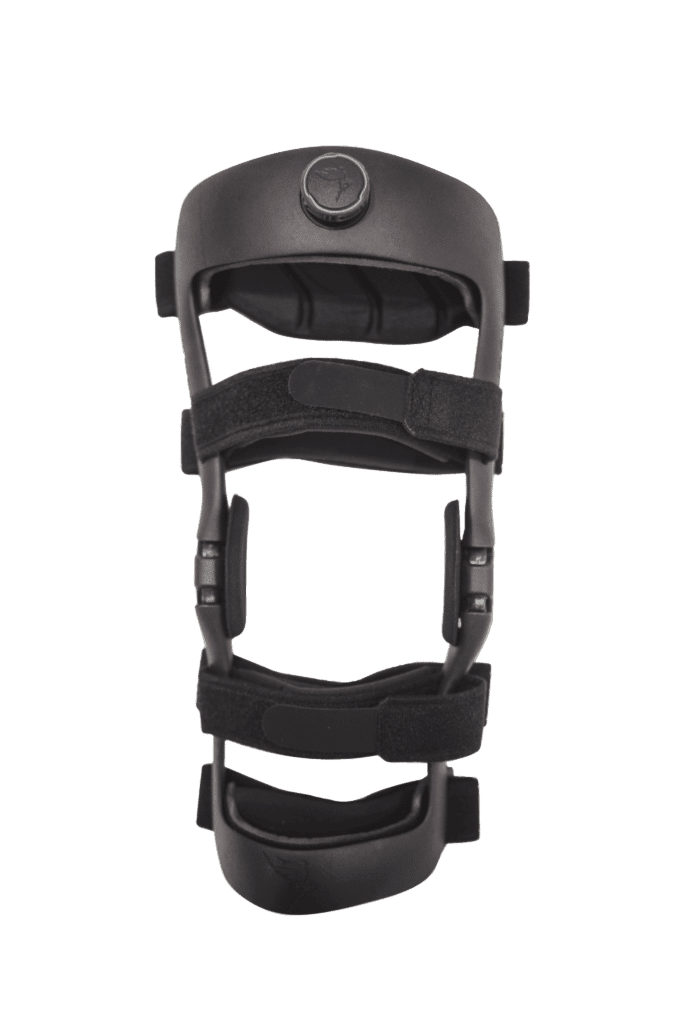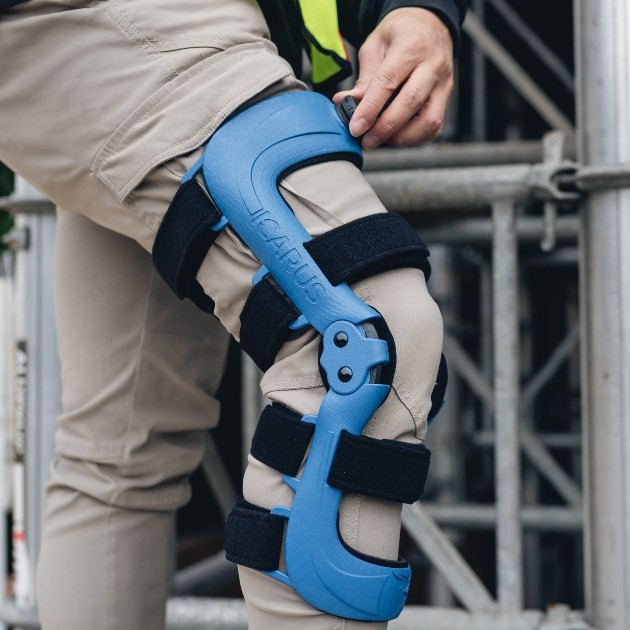Knee pain can range from relatively mild to severe, life-altering cases. It can impact your work, leisure, and overall lifestyle, preventing you from doing what you enjoy. In this article, you will learn about some common causes of knee pain, when it is necessary to see a doctor, and instances when you can alleviate pain and discomfort on your own with self-remedies.
Why Do My Knees Hurt?
You can experience knee pain regardless of age and for a variety of reasons. It can depend on your existing health conditions, past injuries, or genetics. If you notice persistent or recurring knee pain, it could be attributed to one of the following aggravating factors.
Previous Injuries
If you’ve hurt your knees during sports, an accident, a fall (even a minor one), repetitive motion activities, or at work, you may experience occasional or ongoing knee pain. If you’ve suffered from sprains, strains, or fractures, pain may come and go long after the injury has healed, especially if the injury healed improperly.
Ongoing or Intermittent Conditions
Many medical conditions can result in chronic or off-and-on knee pain, including arthritis, bursitis, gout, osteoarthritis, tendonitis, cancer, diabetes, or stroke, among others. It is important to keep an eye on your overall health as conditions like the ones listed can have far-reaching negative effects.
Physical Damage or Irregularities
You may have been born with a knee anatomy that causes pain. Perhaps the structural integrity of your knee was degraded at some point because of an illness, or your knee suffered some form of trauma, such as a laceration, bruising, or an infection.
Other Factors
Additional possible reasons for knee pain may include excessive use, exercising vigorously without taking enough time to recover, improper lifting of heavy items, and more.
When to see a doctor for knee pain and when to try a home remedy first may depend on the severity of the pain and how much it’s impacting your quality of life, as well as the underlying condition or conditions causing it.
Assessing Your Knee Pain
Since it is a symptom that may worsen if you don’t address it, knee pain should never be ignored, even if you have a high tolerance for it. When it comes to knee pain, there are several concerns to keep in mind as you determine whether your pain merits seeing a doctor or not. Ask yourself these questions.
Are there certain motions or activities that aggravate the pain?
Is the pain getting worse over time?
Are other symptoms accompanying the pain, such as swelling, redness, and fever?
Could the pain be related to an old injury?
Was there a recent fall or trauma to the knee?
When was the pain first noticed?
Is the pain worse at certain times of the day?
How is the pain impacting daily life?
A self-evaluation can help you decide if your knee pain merits a visit to the doctor’s office or is something you can manage independently. If ever in doubt, always seek professional advice and treatment.
When to See a Doctor
There are no definitive answers to this question. Everybody is different, and the underlying causes of pain may be difficult to pinpoint without the assistance of medical professionals. However, there are some guidelines to utilize if you’re wondering whether or not to see a doctor for your knee pain.
Seeing a doctor is the best course of action in any of these scenarios:
- You’re experiencing acute, intense, or severe pain
- Signs of infection are present (swelling, redness, tender or hot to the touch, fever)
- You may have sprained or fractured your knee or the surrounding regions
- Wounds such as lacerations, significant bruising, or a dislocation are evident
- You cannot bear weight on your knee or it’s giving out underneath you
There are medical emergencies and other cases when seeing a doctor is absolutely necessary. While there are also instances when you may not need to see a doctor. Use your best judgment when making these decisions; however, when in doubt, do not hesitate to contact your doctor.
Possibility of At Home Solutions
In some cases, a home remedy may be sufficient to alleviate knee pain, heal a minor injury, and enable you to maintain healthy activity levels.
Wearing a medical knee brace can be the right solution for many individuals. If you have any of the following, you may not need to see a doctor, and a knee brace may be sufficient to take the load off your knees and alleviate pain:
- Minor injuries
- Regular wear and tear of the knee joint
- Pain from acute osteoarthritis *
- Residual pain from prior injuries
- Pain from acute arthritis *
- Minor sprains and strains
Of course, you may still benefit from consulting with a doctor. Ask if a knee brace might reduce your pain and which type of knee brace your doctor recommends. In many cases, using a medical knee brace will be a better approach than rushing into a surgical procedure if you have this option.
* Note that arthritis should always be treated by a medical professional; however, for at-home pain remedies, knee braces serve as a great option.
Managing Your Knee Pain
As a manufacturer of custom-fit, medical knee braces, Icarus Medical helps people stay active and able to enjoy what they love to do, even with cartilage damage or other issues present. Our lightweight braces are designed to take the weight off the knee, thus relieving pain and enhancing mobility.
To learn more about our unloader braces and other products and see if they’re right for you, contact our team at Icarus Medical.

